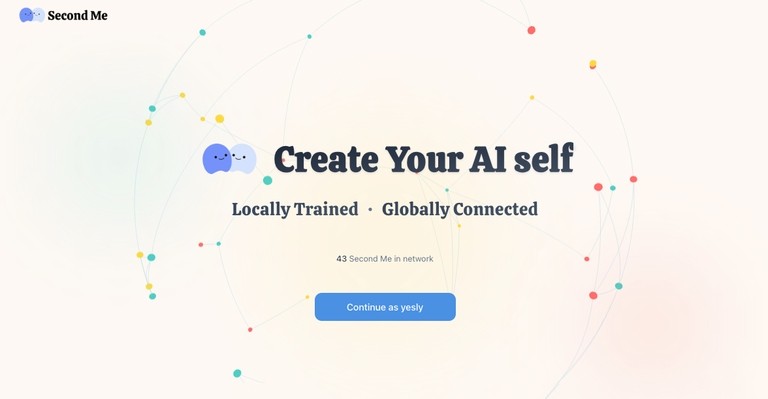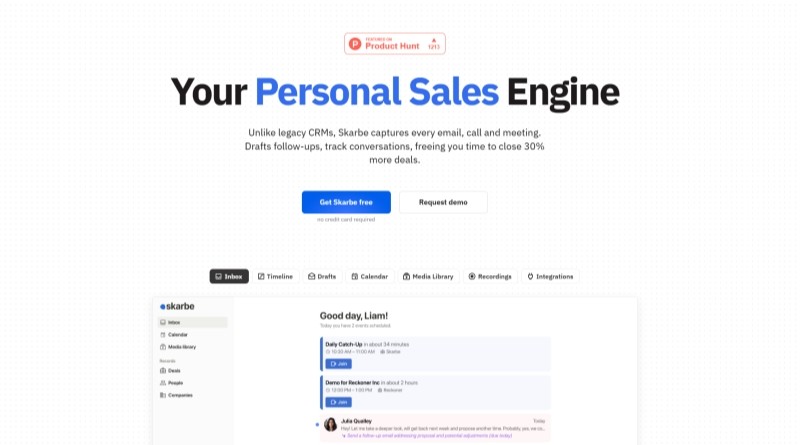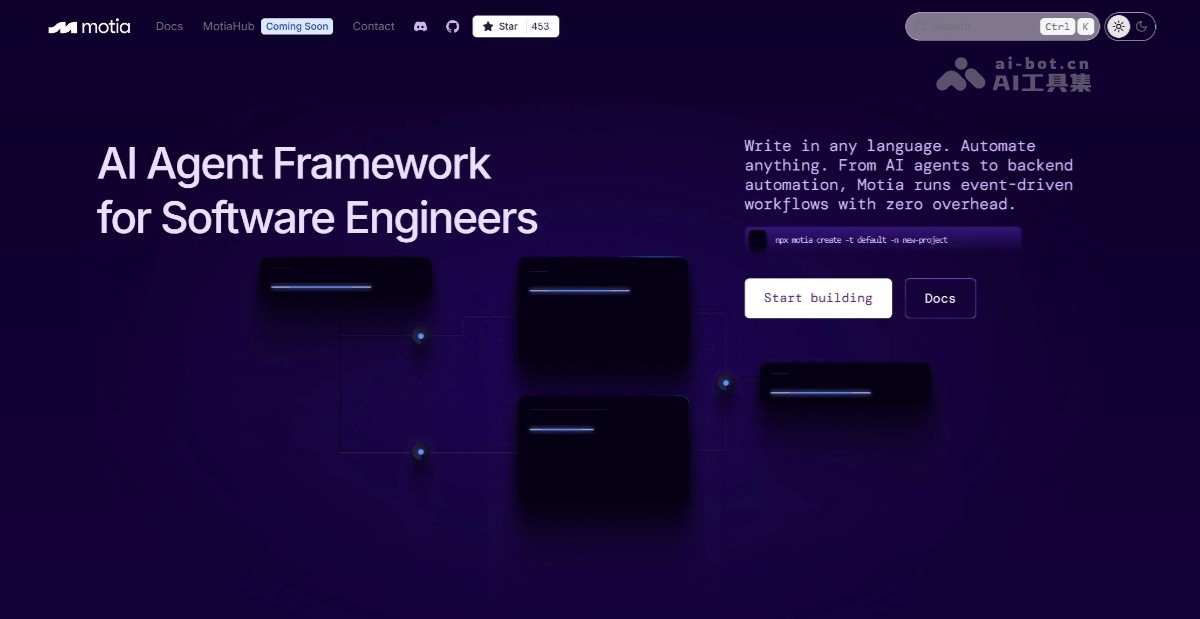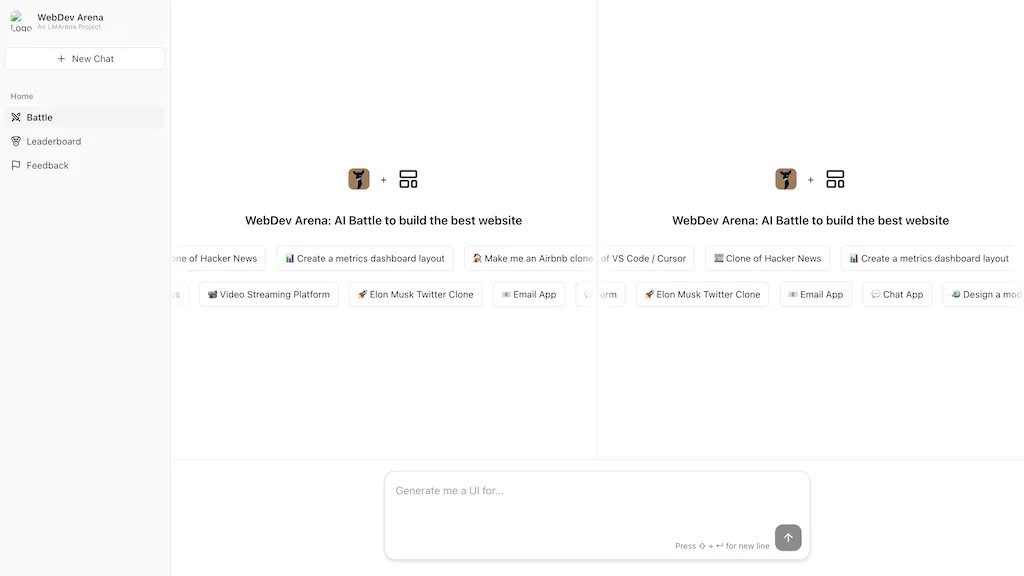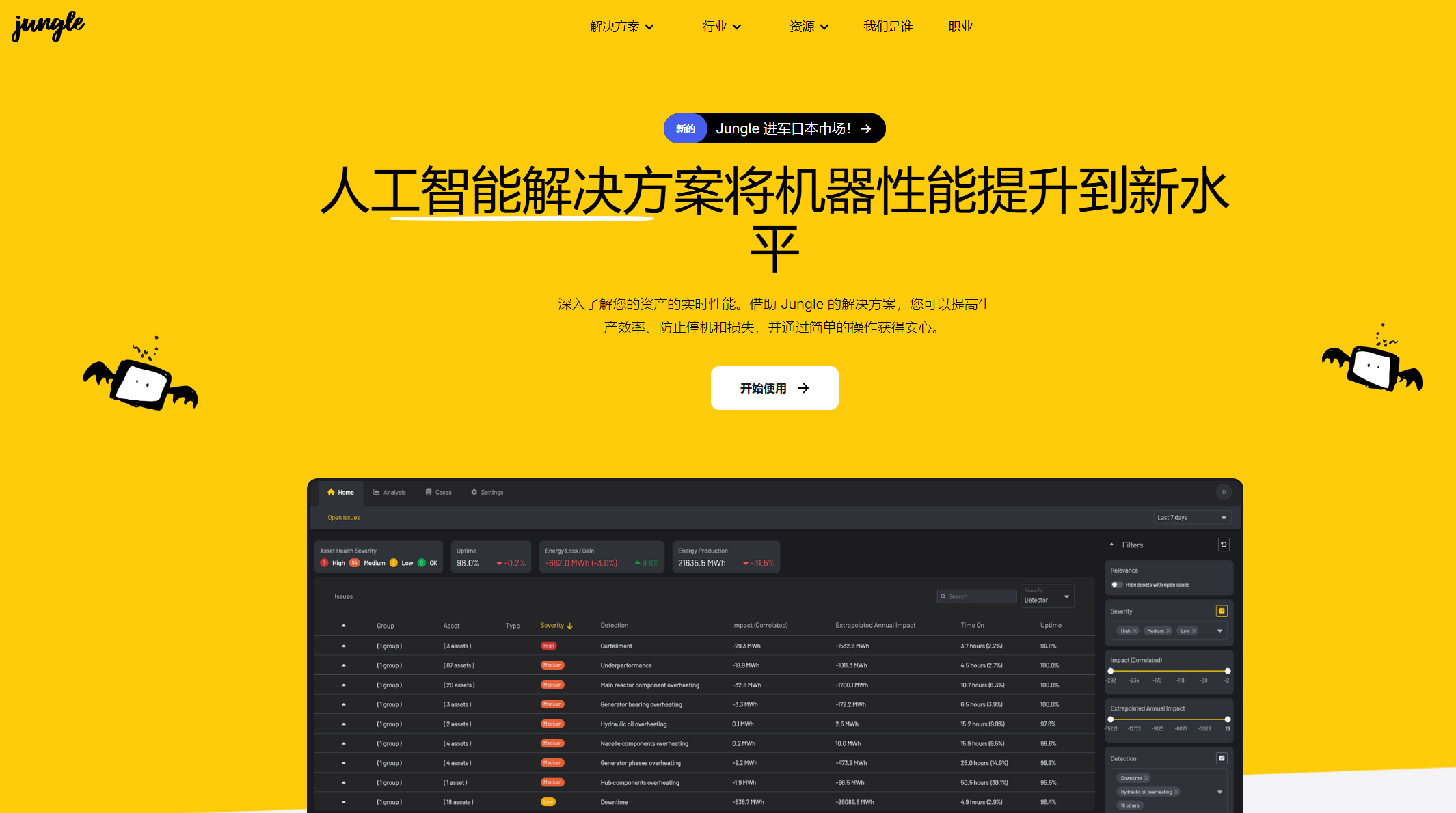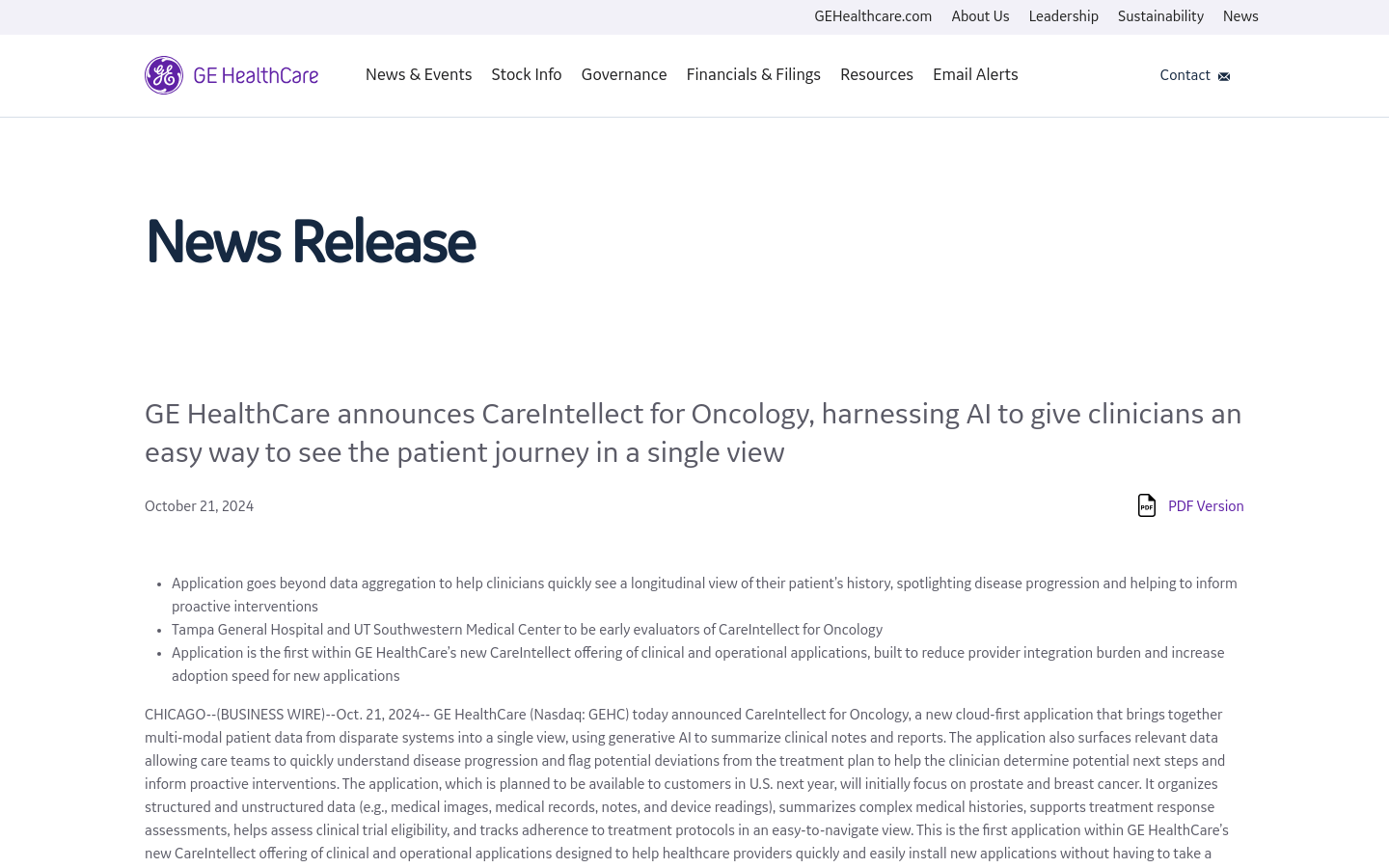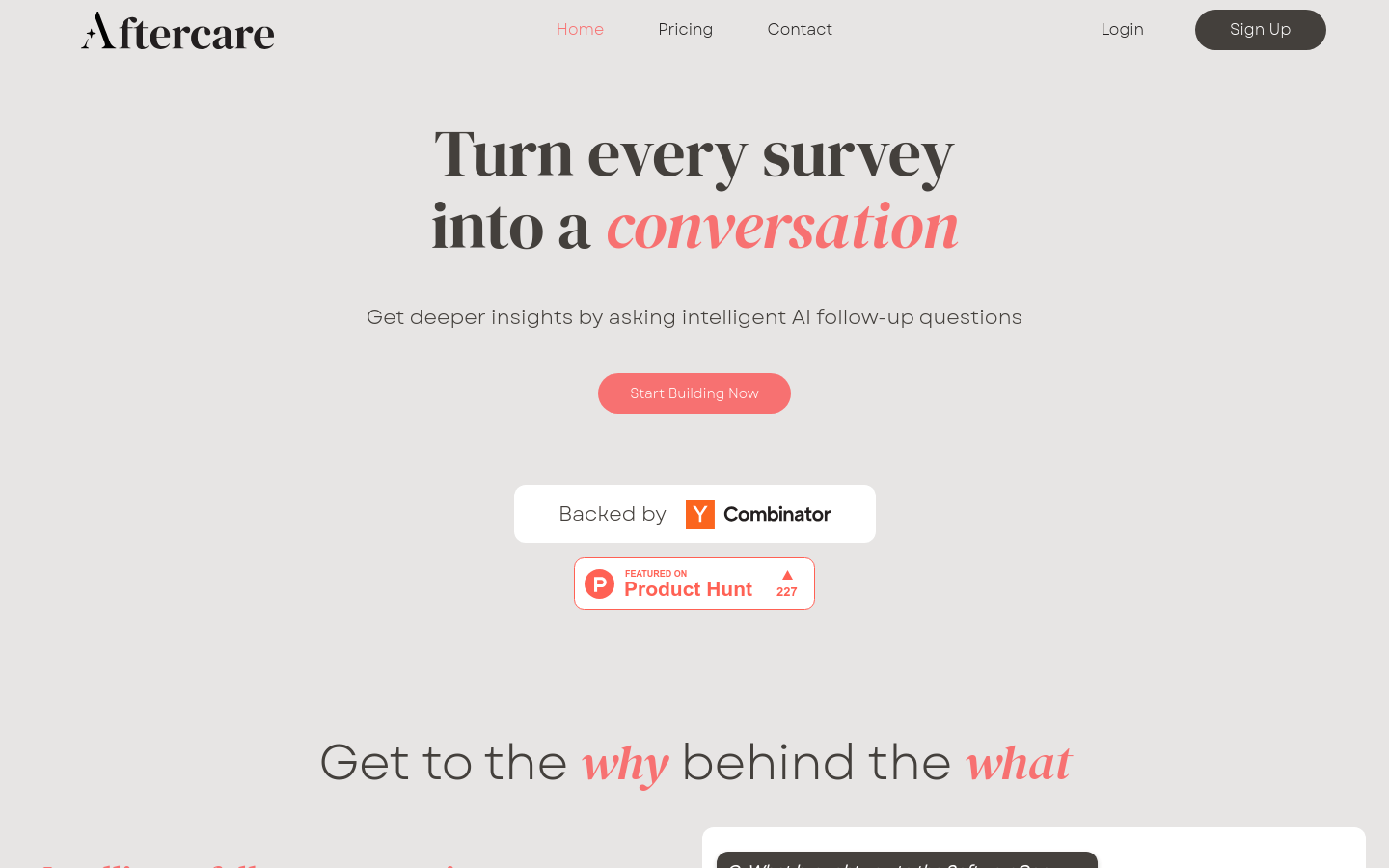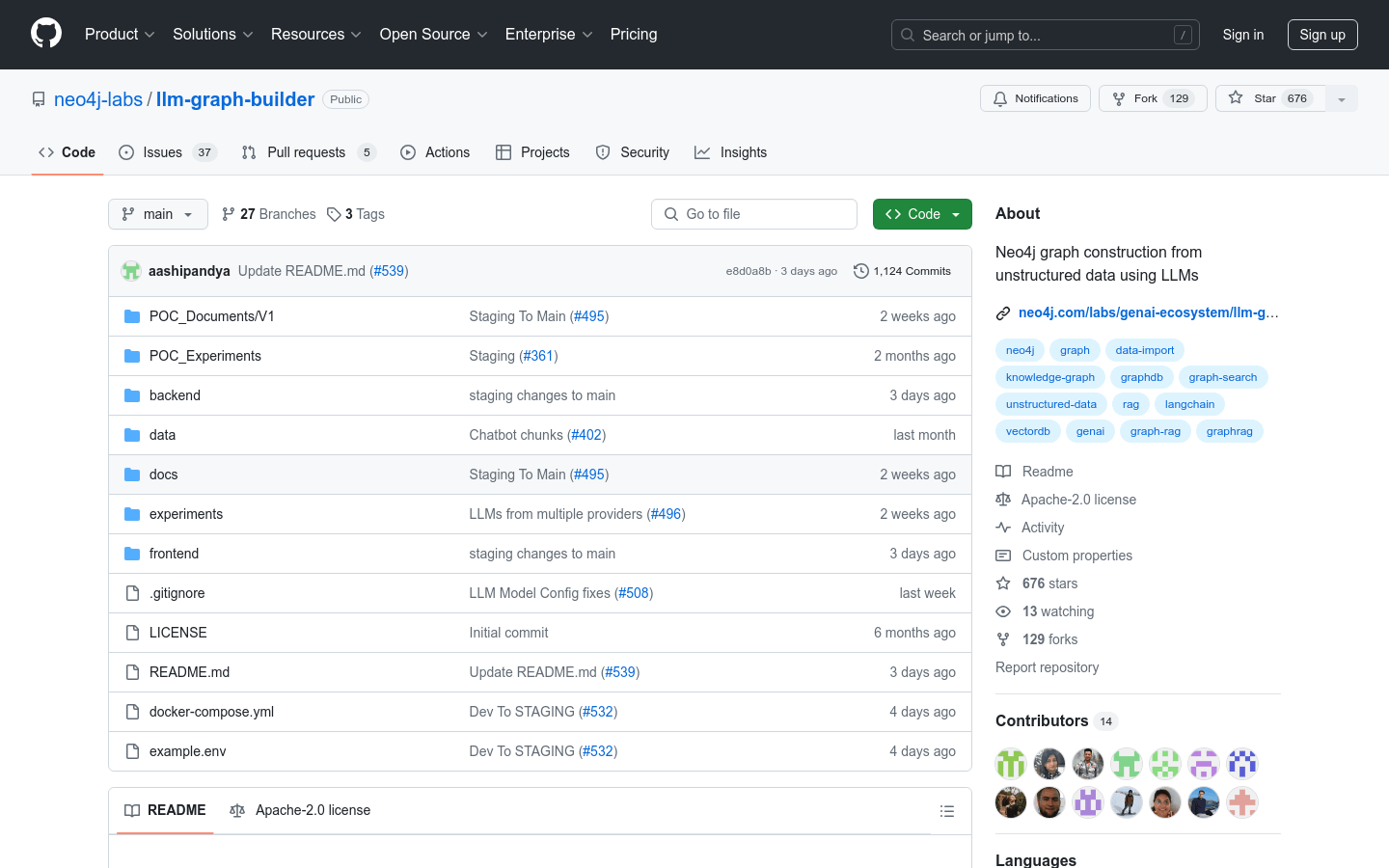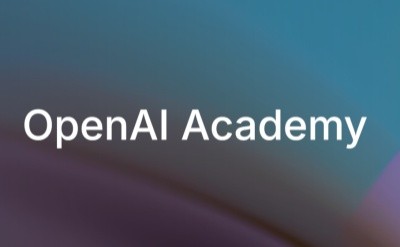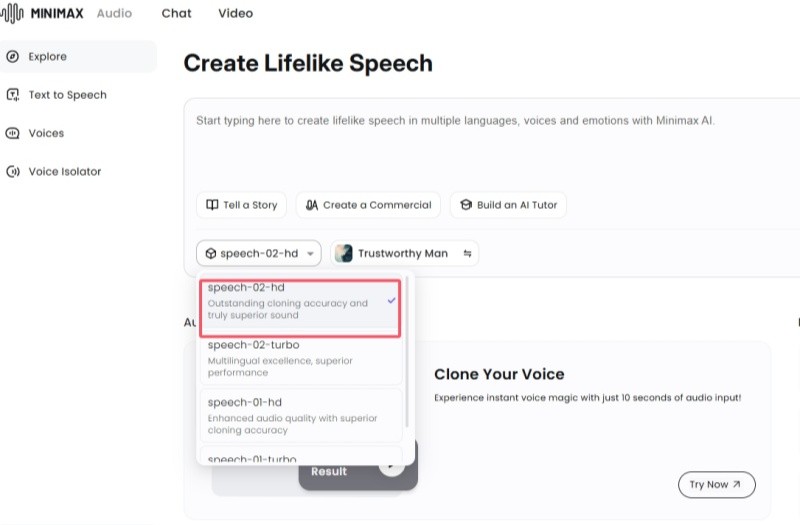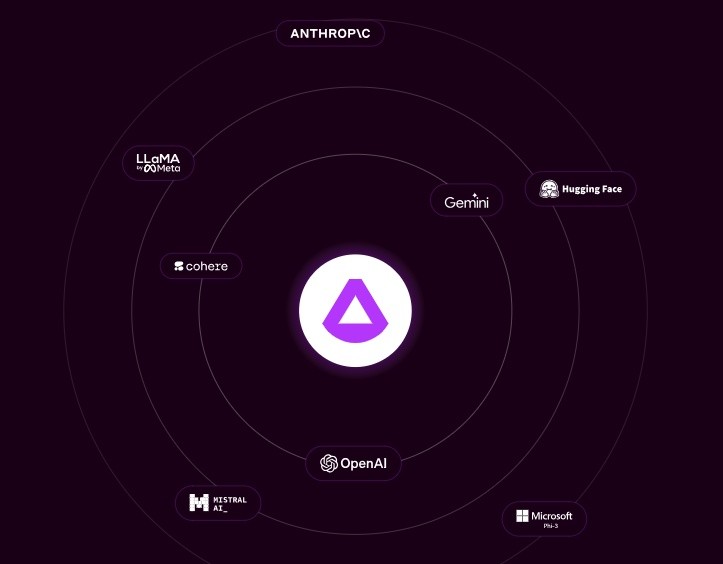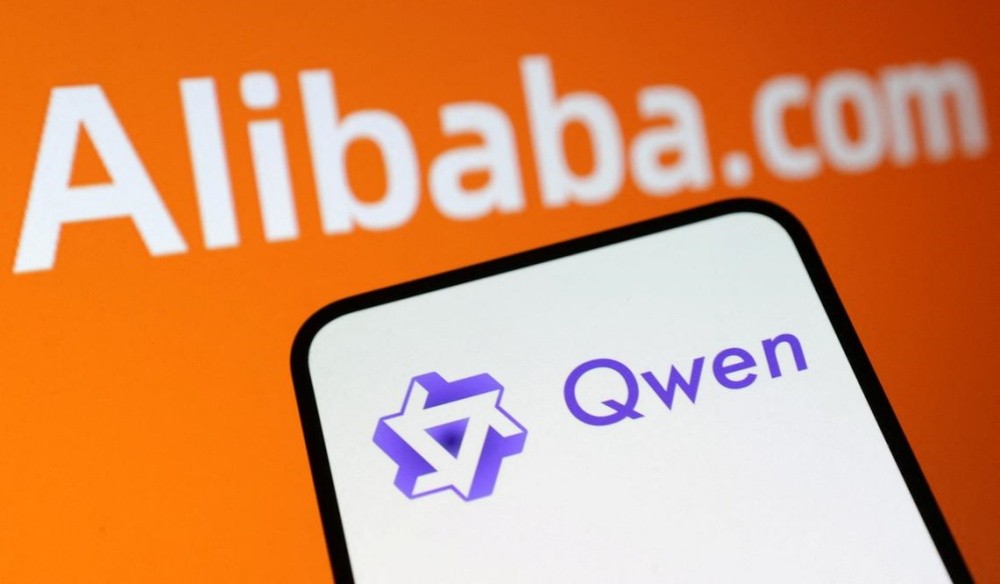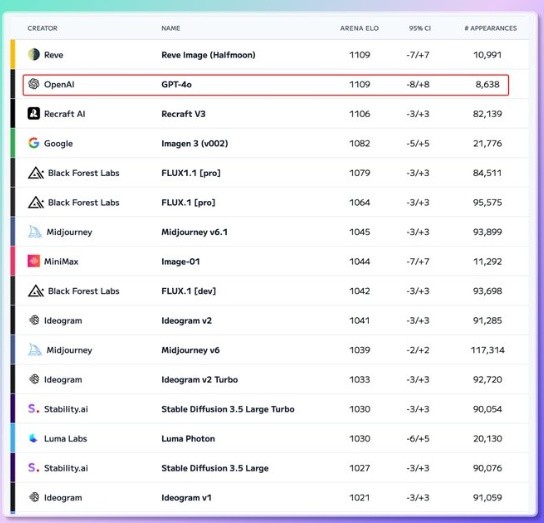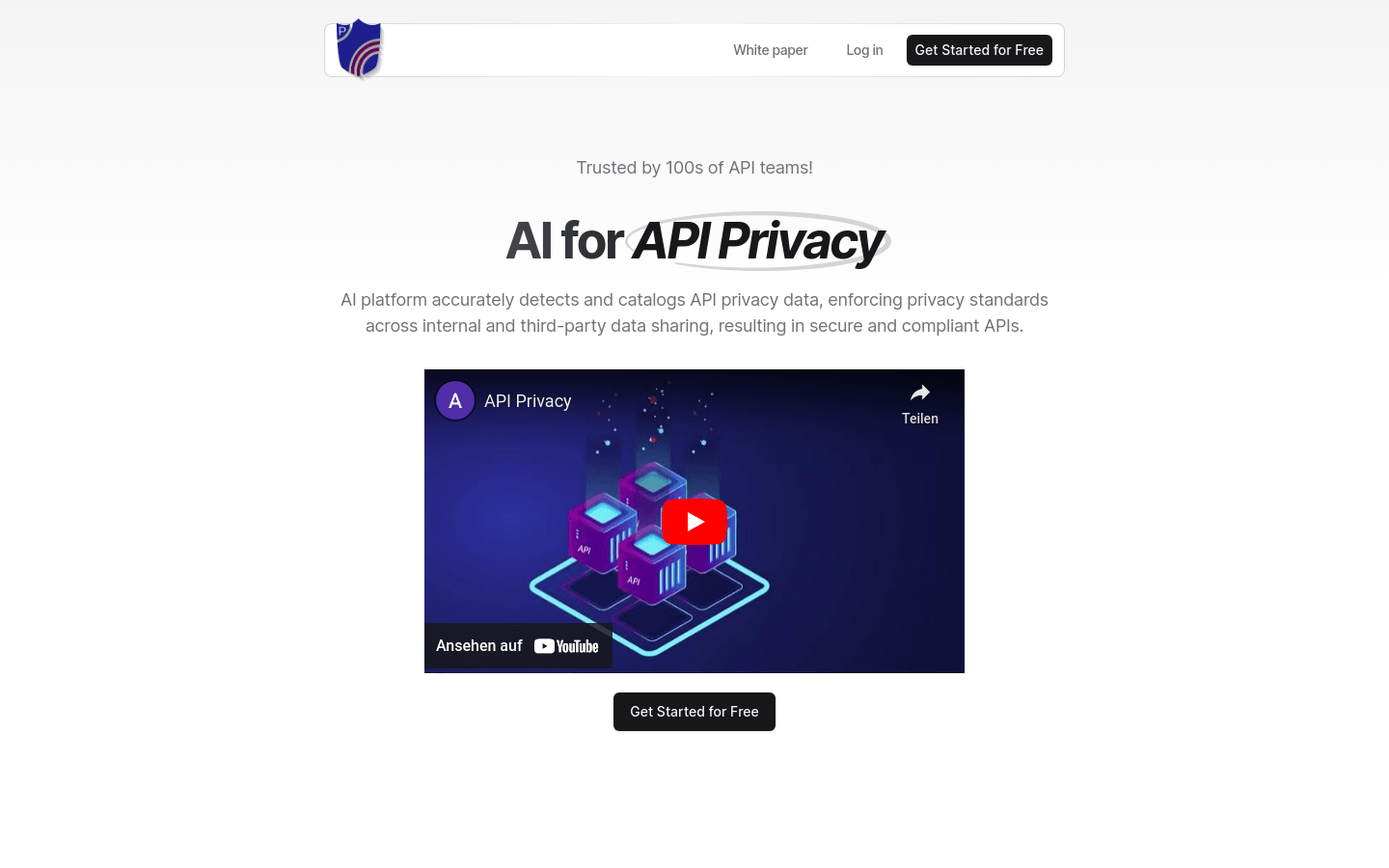
Content API Privacy is an AI platform that accurately detects and classifies API privacy data, ensuring API security and compliance by enforcing privacy standards. It simplifies compliance requirements, reduces manual work and error risks, while providing developers with the ability to enforce privacy standards.
Demand population:
API Privacy is for all companies and organizations that need to protect API privacy data and comply with privacy standards. It is especially suitable for technology companies, as most of the digital footprint is API-driven. API privacy can help these companies ensure that their APIs comply with the latest privacy standards, providing data security and compliance assurance.
Example of usage scenarios:
Tekrowe is a technology company that uses API privacy to ensure that its API complies with the latest privacy standards.
A SMB uses API privacy to monitor and manage privacy data in its API.
A large enterprise uses API privacy to enforce privacy standards and maintain compliance when sharing data with external integrators.
Product Features:
Continuously monitor and detect privacy data in the API, including personally identifiable information (PII), etc.
Tag private data and add importance to simplify data identification and management.
Create a directory that records and alerts history of all API privacy data.
Empower developers to implement privacy standards early.
Provides a historical and comprehensive list of API privacy data to the compliance team.
Tutorials for use:
Register a free account on the API privacy website.
Add your API, and API privacy will automatically monitor and detect privacy data in it.
Use API Privacy’s directory feature to record and alert all API privacy data history.
Simplify data identification and management through the tagging capabilities of API privacy.
Developers can use the features provided by API privacy to implement privacy standards early.
Compliance teams can use the historical and comprehensive API privacy data list provided by API Privacy for auditing and compliance checks.
